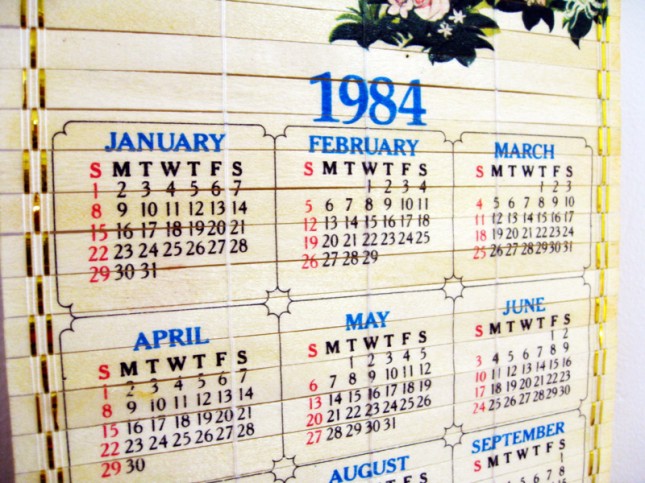As the world navigated the turbulent waters of the late 2000s, a peculiar sameness began to emerge when cast against the backdrop of George Orwell’s seminal work, “1984.” The uncanny parallels between the political and social climates of the two eras invite a thoughtful examination of our contemporary reality. In particular, the way in which surveillance, propaganda, and governmental control have infiltrated daily life evokes a chilling resonance with the dystopian vision of the 20th century.
The concept of constant surveillance, a cornerstone of Orwell’s narrative, finds its real-world corollary in the burgeoning technologies of the 21st century. In 2008, discussions regarding civil liberties intensified, as revelations about government monitoring, both physical and digital, came to light. The omnipresence of security cameras, combined with the advent of social media, transformed private lives into a matter of public scrutiny. Each tweet, each status update became fodder for potential oversight, mirroring Big Brother’s unyielding gaze. The fear of being constantly watched transitioned from fiction to a palpable reality, prompting concerns over personal freedoms and privacy rights.
Propaganda, too, underwent a metamorphosis by harnessing the power of digital platforms to disseminate information. The 2008 presidential campaign exemplified this shift, as political messages spread virally through social media channels, blurring the lines between truth and manipulation. The 24-hour news cycle, coupled with the rise of opinion-driven journalism, heralded the age of “newspeak,” where language was employed not merely to inform, but to obfuscate. The pursuit of objective truth gave way to a cacophony of competing narratives, leaving the public grappling for clarity in an ocean of distractions and misinformation.
Moreover, the insidious nature of authoritarianism appears in economic structures that put the state at the helm of personal security and wellbeing. The 2008 financial crisis served as a prelude to the expansion of governmental control over individual lives, as bailouts and economic stimuli positioned the state as both protector and overseer. Much like the Party in Orwell’s universe, who promoted collective welfare while stifling dissent, contemporary policies often prioritize the stabilization of the status quo, restraining individual agency under the guise of public benefit.
As 2008 unfolded, the landscape of human liberty transformed, bearing a resemblance to the oppressive regimes portrayed in literature. The implications of this modern-day reality are profound; should society continue to overlook these emergent patterns, the trajectory appears ominously akin to that of Orwell’s dystopia. Remaining vigilant against threats to freedom and vigilantism in the context of governance is imperative. As the echoes of 1984 reverberate through our collective consciousness, it is a clarion call for introspection and advocacy for the protection of fundamental rights and liberties.
